The Syrian refugees who really don’t want to come to Europe
On the fifth floor of a shopping mall in a suburb on the outskirts of Istanbul, there is a bodega run by a man named Ahmed. He is a Syrian refugee, and his bodega has become a center for Syrians in the area—the locus of a small community that refuses to go to Europe.
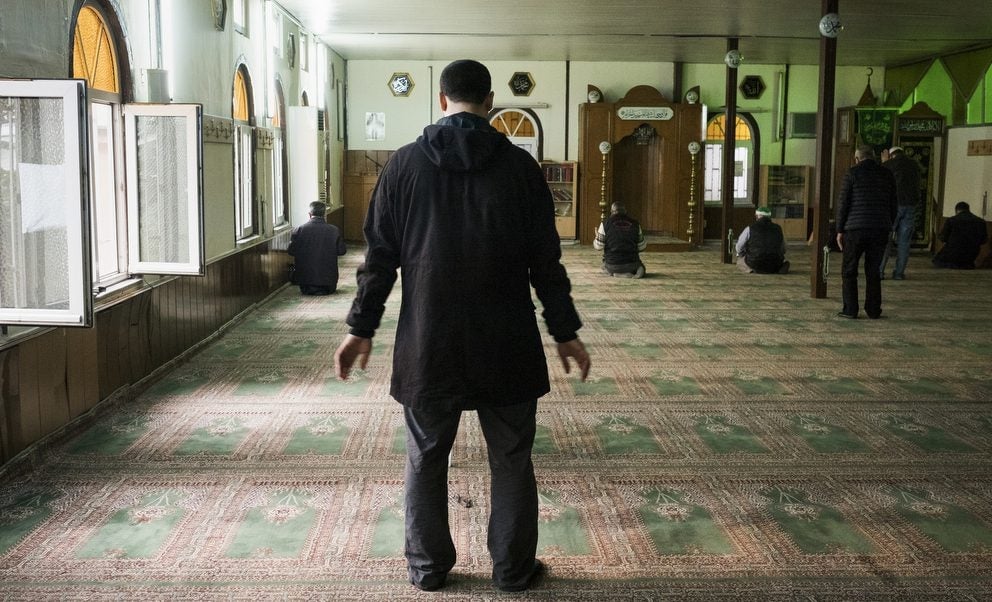

On the fifth floor of a shopping mall in a suburb on the outskirts of Istanbul, there is a bodega run by a man named Ahmed. He is a Syrian refugee, and his bodega has become a center for Syrians in the area—the locus of a small community that refuses to go to Europe.
While most of the world’s attention has been focused on refugees making their way through Europe, many Syrians have chosen to stay in Turkey out of a desire to preserve their cultural and religious traditions. As many as 2.7 million Syrians have settled in Turkey since civil war broke out in 2011, according to data compiled by the United Nations High Commissioner for Refugees (although certainly not all for the same reasons.)
Ahmed, 31, who asked to only go by his first name, came to Istanbul two years ago with his wife. She was due to give birth to their second child, a girl, but Syria’s ongoing civil war made hospitalization in Damascus risky. So the little family moved to Başakşehir, a district in northwest Istanbul, characterized by rolling hills with apartment high-rises.
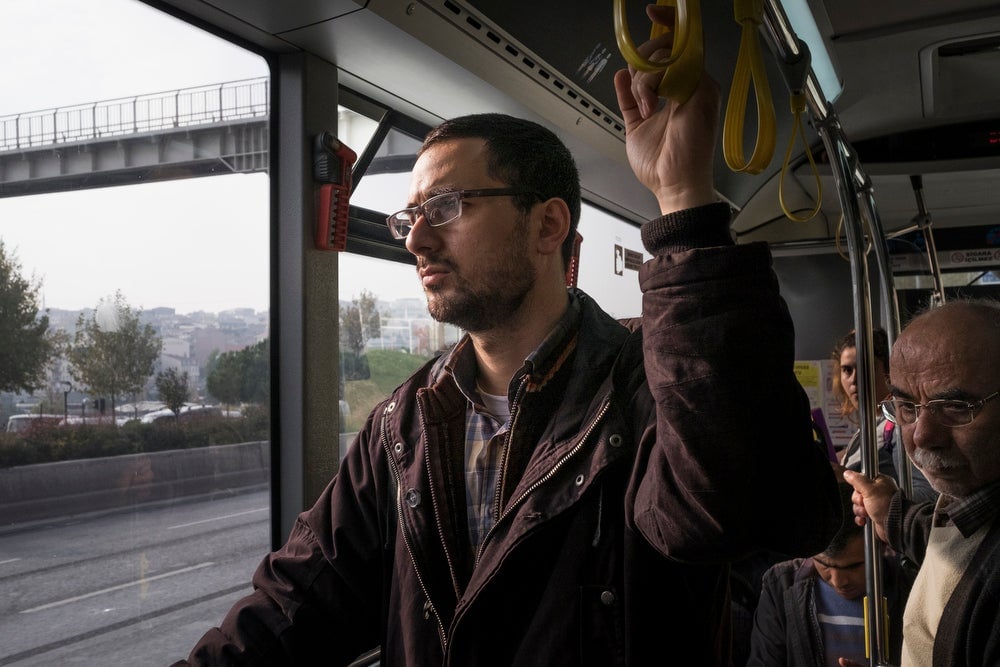
Ahmed’s bodega is only a short walk from his apartment. It’s called Hayrat, an Arabic word meaning “charity” that’s a borrowed word in Turkish, and carries everything from spices and cookies to sanitary napkins.
The local Syrian community shops there, both in person and virtually—Ahmed takes orders through messaging apps like Whatsapp and Viber, and the orders can be so frequent that his delivery boy makes several trips an hour.

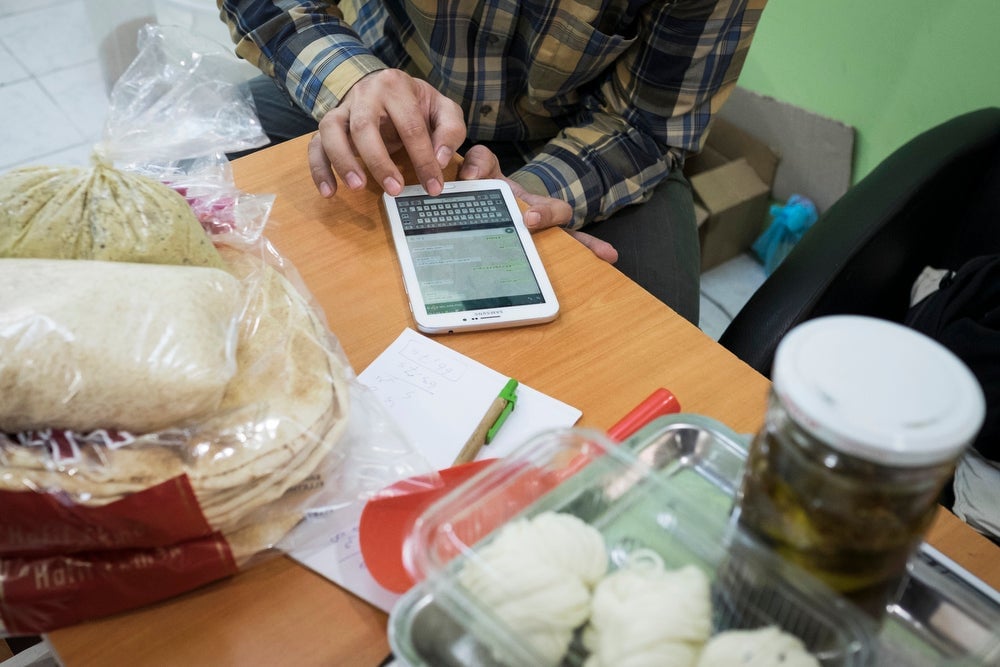
Throughout the day, Ahmed’s shop closes for short periods of time so that he can pray when the call to prayer resounds from a nearby mosque. A devout Muslim, Ahmed says he feels free to practice his faith in Turkey without being confronted with ways of living that are antithetical to his beliefs, whether it’s premarital relationships or eating pork.
His views are echoed by his customers. “Istanbul is home in the way that Baghdad or Damascus is home,” said Tarek, a science teacher from Syria and a frequent patron of Ahmed’s shop, who asked to go by his first name. The connection is less about geography than it is about shared faith: Most Syrians are Sunni Muslims, as are most Muslims in Turkey. Here, the call to prayer can be heard five times a day and local governments sponsor dinners to break the fast during Ramadan.
“The problem is if I go to Europe, I’m going to be forced to melt with their education, with their society, with their environment,” Ahmed said of what living in Europe would mean for him and his family. He says he doesn’t want his children to witness pre-marital relationships, expressly forbidden in Islamic law.

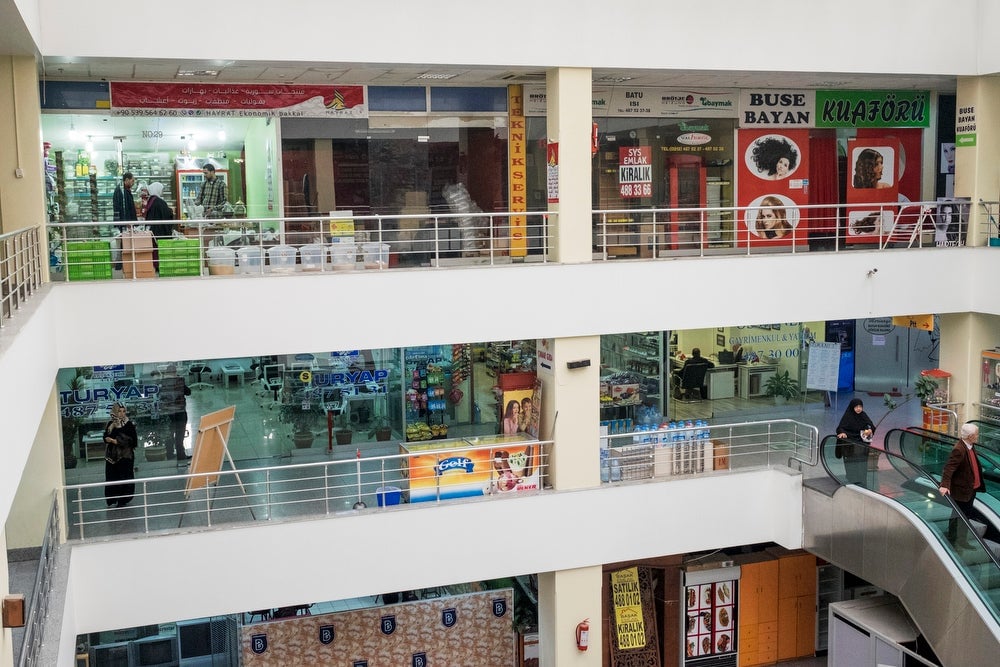
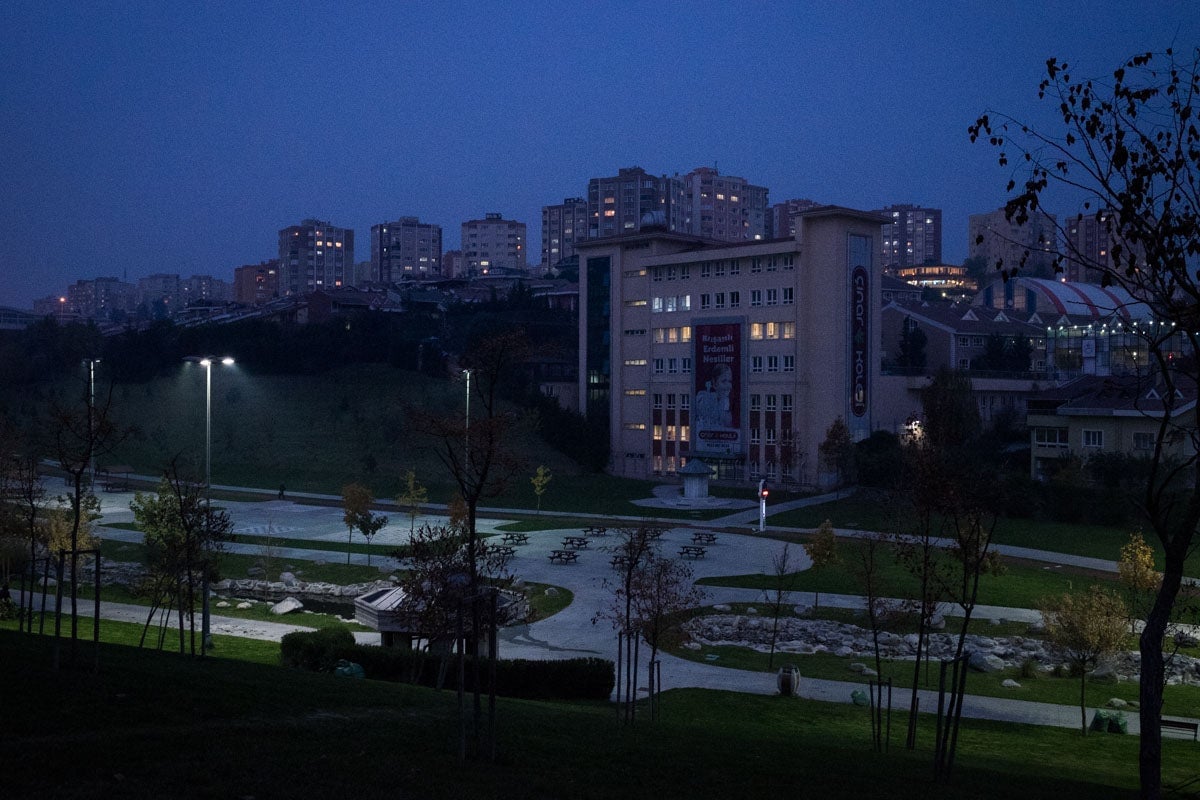
Several Western countries do offer cultural integration programs to help refugees who come to Europe acclimate to their new environment. Norway has offered classes on Western sexual norms to help refugees from more conservative societies better understand gender and sexual dynamics in Norway. In April, Germany introduced a law requiring refugees to take German language and culture classes.
Turkey currently has the most Syrian refugees of any country in the world. But while it may be culturally and geographically closer to Syria, there’s one significant problem for refugees here: Syrians cannot be legally considered refugees in Turkey. The country still subscribes to a 1951 UN treaty conceived post-World War II, which defines refugees exclusively as Europeans. This lack of official status has made it hard for Syrians to access residence permits, and gainful employment in the country—Ahmed, for example, is a mechanical engineer by trade, but has not been able to work in that field here.
All the same, for him and likeminded Syrians, Turkey is the nearest thing to home, even if the official welcome is lukewarm. “I’m sitting with you now,” Ahmed said in his apartment while his young son called out for him, “but my soul is in Damascus.”